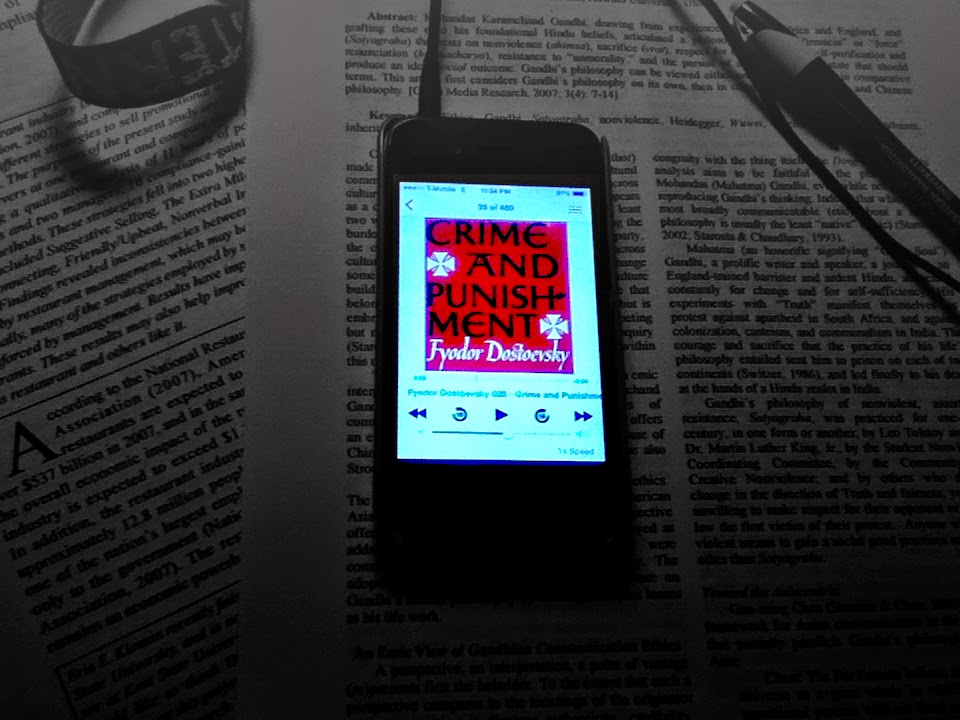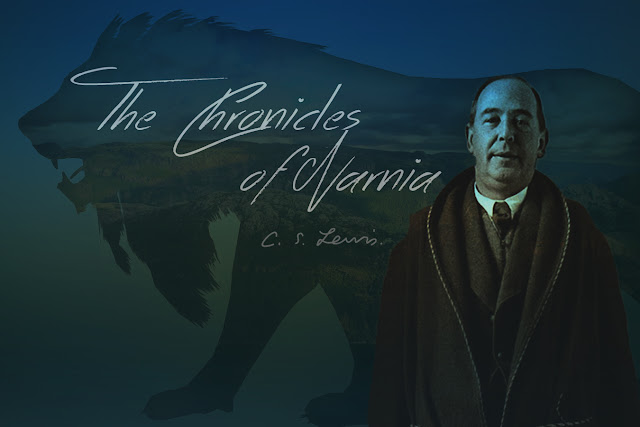On Fyodor Dostoevsky's "Crime and Punishment"
After finding one of Fyodor Dostoevsky's audio books online, I
began listening through it with high expectations knowing the quality of
Dostoevsky's writing. I knew this was going to be amazing and sure it was.
In this novel, Dostoevsky
again, presents the reader with multiple worldviews that he carefully
incarnates into each character in this gripping story. The story centers around
an intellectual man in his twenties, Raskolnikov, who dares to come up with a
theory, which leads him to rationalize and justify crime.
This flawed thinking leads him to carefully plan out the perfect
crime and execute it. The rest of the book, follows his physical, emotional,
and psychological breakdown as he tries to cope with the reality of his unstable
and unsupported worldview, which turns out to be contrary to the reality he experiences.
What struck me most about this novel, was how Dostoevsky used the protagonist
to reveal something about every reader. Anyone who picks up this book, will relate to the murderer. Raskolnikov serves as an allegory of mankind. Throughout the novel, Dostoevsky reveals the constant struggle of every individual heart.
There is a side of us that recognizes our social responsibility before God and other people. Raskolnikov shows this through numerous occasions when he is consumed with the idea to confess his hideous crime. Confessing the crime would demonstrate his acceptance of responsibility. At various times of the novel, after hearing the needs of other individuals, Raskolnikov decides to give away his precious kopecks. Through such actions, he displays his compassion towards humanity and his responsibility for other people.
However, after committing such altruistic acts, he reevaluates his actions and cannot understand why he would give away his money, as his apathy quickly lurks in. This apathy is characteristic of the other side that is in our hearts. Being driven to pursue our personal interests, this side of us, does not want us to be vulnerable. We tell ourselves that we must be right, as we ignore clear facts that point to our wrongdoing, which produces self-deception.
This captivating novel gives the reader a glimpse of the depraved state of humanity. A humanity that desires to indulge in its own corruptness while facing its obligation before God and the rest of humanity. By the end of the novel, Dostoevsky provides the reader with the possibility of redemption and freedom, which is found exclusively outside of himself. Freedom from oneself is only possible when we lay down our faulty worldview and embrace a divine perspective, that is contained in the pages of the famous book, the Bible.
There is a side of us that recognizes our social responsibility before God and other people. Raskolnikov shows this through numerous occasions when he is consumed with the idea to confess his hideous crime. Confessing the crime would demonstrate his acceptance of responsibility. At various times of the novel, after hearing the needs of other individuals, Raskolnikov decides to give away his precious kopecks. Through such actions, he displays his compassion towards humanity and his responsibility for other people.
However, after committing such altruistic acts, he reevaluates his actions and cannot understand why he would give away his money, as his apathy quickly lurks in. This apathy is characteristic of the other side that is in our hearts. Being driven to pursue our personal interests, this side of us, does not want us to be vulnerable. We tell ourselves that we must be right, as we ignore clear facts that point to our wrongdoing, which produces self-deception.
This captivating novel gives the reader a glimpse of the depraved state of humanity. A humanity that desires to indulge in its own corruptness while facing its obligation before God and the rest of humanity. By the end of the novel, Dostoevsky provides the reader with the possibility of redemption and freedom, which is found exclusively outside of himself. Freedom from oneself is only possible when we lay down our faulty worldview and embrace a divine perspective, that is contained in the pages of the famous book, the Bible.



Comments
Post a Comment